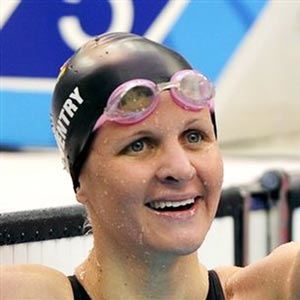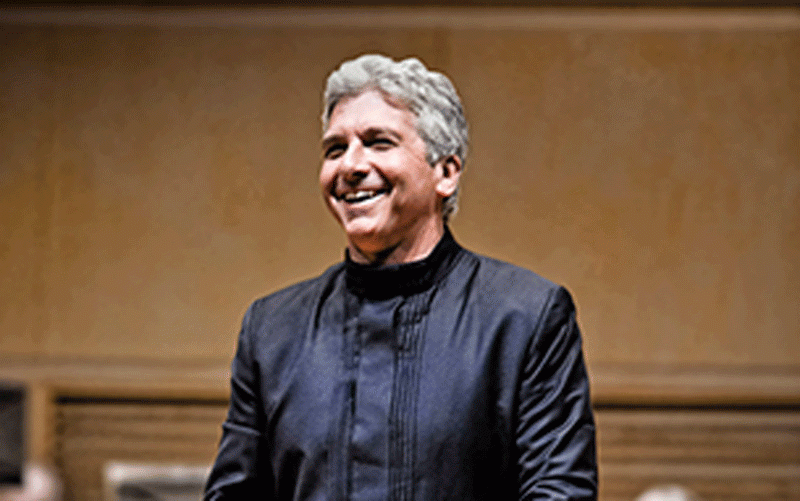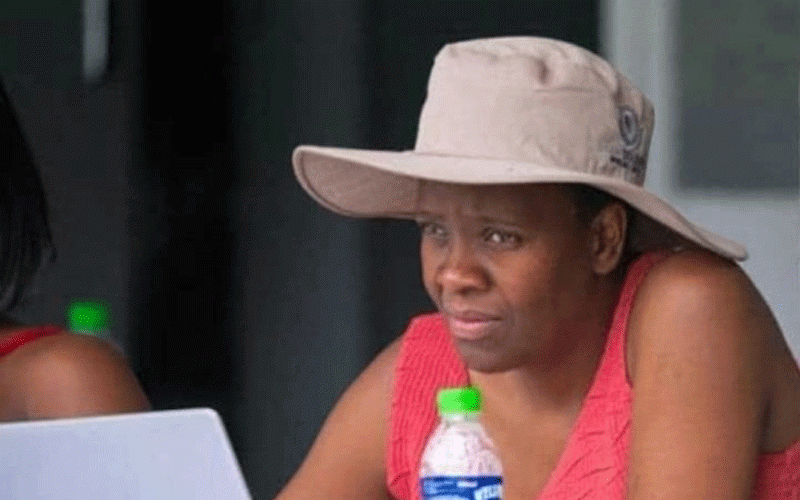
THE 2016 Olympic Games in Rio de Janeiro might look far away but in sport, time moves fast. In sporting language, the global sports festival is just around the corner. But what are we doing about it?
Inside Sport with Michael Kariati
Kirsty Coventry, who made the world sit up and take notice at the 2004 and 2008 Olympic Games, will be 33 years old in Rio. History dictates that swimmers are normally at their best at a younger age, and now at 31, the road ahead might not be as it was in the past.
Coventry has won seven of the eight medals Zimbabwe has won since admission to the Olympic Games in 1980 with the other coming from the hockey team at the 1980 Games in Moscow (gold).
This could simply be taken to imply that in the country’s 34 years of participation at the Olympic Games, Zimbabwe has produced only one athlete of note. That is not a good record for a country of 15 million people.
Truly Coventry has played her part. Seven medals — two gold, four silver and a bronze — spread over two Olympic Games, is no mean achievement. She has set an example for others to follow.
But have we done enough to create or build other athletes of Coventry’s stature? What have we done to ensure that the baton of success is passed on to the next generation?
Whatever the situation is now, the objectives of the journey to the Olympic Games will not change.
- Chamisa under fire over US$120K donation
- Mavhunga puts DeMbare into Chibuku quarterfinals
- Pension funds bet on Cabora Bassa oilfields
- Councils defy govt fire tender directive
Keep Reading
We need medals, and nothing else. Excuses will not be entertained.
That will require abandoning the old system of waiting until only a few months or weeks remain before an international tournament or competition to begin serious preparations.
The Zimbabwe Olympic Committee should not wait until 2016 or mid-2015 to select their team.
Word has been spreading about who might be going, but it is still all just hearsay.
The athletes earmarked for the 2016 Games have to be identified right now and given the time to go for specialised training and high level coaching. It is not too early to embark on the road to Rio de Janeiro.
The “we have seen it all” kind of arrogance has no place in this journey.
That aside; one of the most notable decisions the Premier Soccer League has made since the league’s introduction by Morrison Sifelani and Chris Sibanda in 1993 was making it mandatory for all clubs in the 16-team assembly to register five players that are 20 years or below for each season.
It was and remains a noble idea that is meant to stimulate development at junior level in clubs, and to also bring exciting new talent into the PSL. But whether this is bringing the required results is something else as registration alone does not mean giving the players the chance to shine.
It is no secret that Zimbabwean football is resistant to change to the extent that instead of bringing in new talent on board, the clubs are busy recycling the same old players.
Those rejected by one club, find a new home at another PSL club.
Even James “Van Damme” Matola who has returned from South Africa — at the age of 36 — has realised this. He feels he can still play in the Castle Lager Premiership, and even went for trials at Mutare based side Buffaloes.
The five registered junior players have found themselves being victims of this resistance to change. Most of them have been left in the wilderness, spending time either on the substitutes bench or on the stands as the coaches prefer the same old guard.
This, in other words, means the youngsters’ talent is being wasted and not developed.
There are however a few junior players who have been accorded playing time; for example Dynamos’ goalkeeper Tatenda Mukuruva, although the youngster has only seen game time when the 1998 CAF Champions League finalists are in a goalkeeping crisis.
If the PSL were really serious about this junior development programme, they should have made it mandatory for each club to field at least two of the junior players in every game. Perhaps that way, potential talent would not go to waste.
If that is not possible, then why not remove the regulation for the registration because it is serving no purpose.
For views and comments, email: [email protected] or Whats App on 077 3 266 779.











